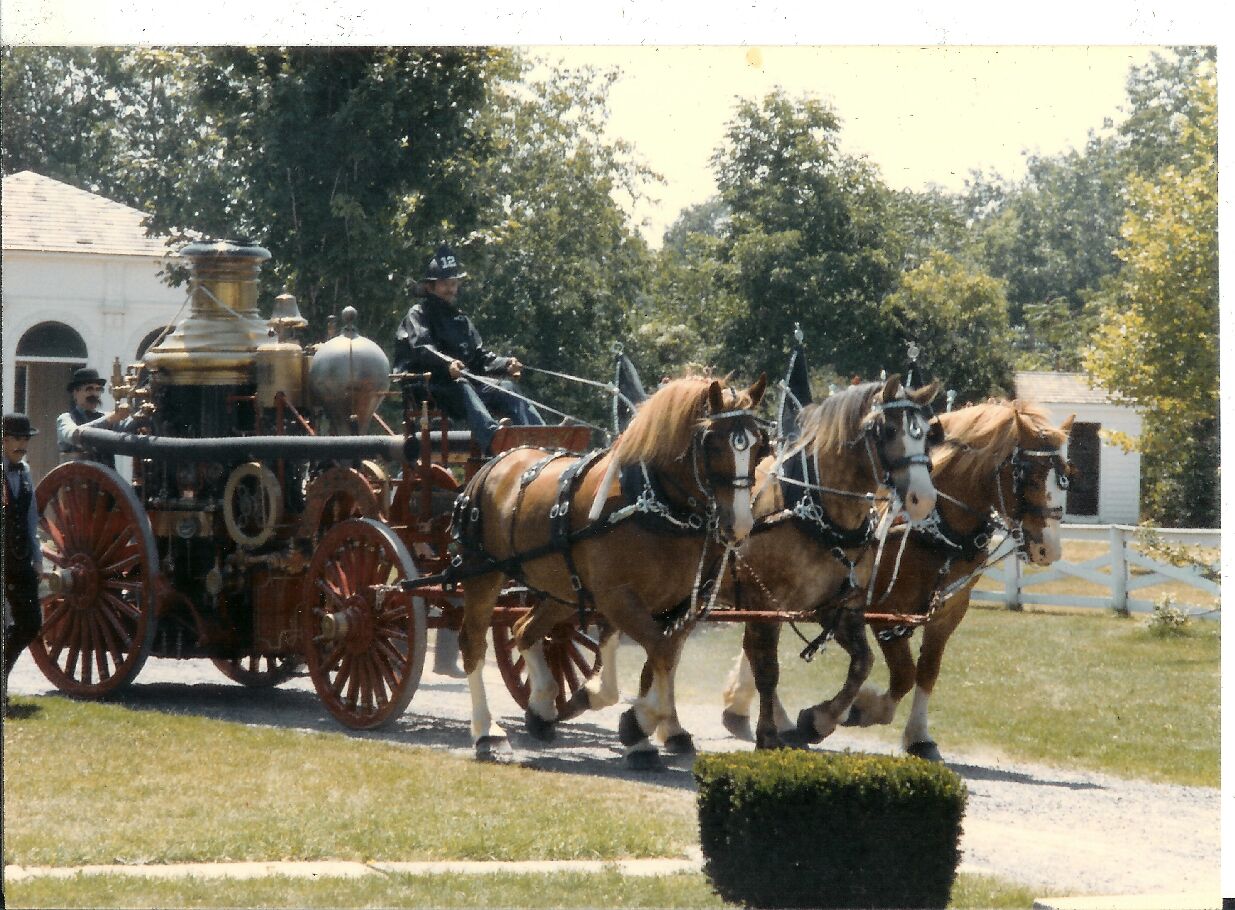Who could imagine that asparagus would vary from country to country?
When I traveled to Germany in 1988, it was springtime. The asparagus was just coming up and ready for harvest. Der Spargel, they called it when I pointed rudely and asked what the vegetable was. At first, I thought the pale yellowish-white spears were something new. Then it dawned on me: Asparagus.
“Warum ist es nicht grün? Why isn’t it green?”
Grün?! My relatives were horrified. “Nein, nein.” Apparently asparagus is only green if you grow it the wrong way, exposed to the sun. When grown properly, der Spargel is kept hidden under the dirt. As it pokes up its spears, you keep piling dirt over it, never letting the clorophyll see the sunlight. When harvested, your asparagus will be pale as a ghost, the best way to eat it.
Maybe you’ve heard of white asparagus, but I never had. Just yesterday, though, in the spirit of globalization, I saw some for sale at the grocery store.

